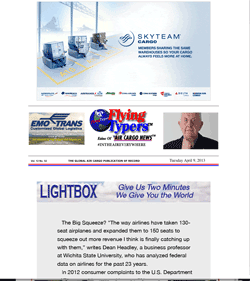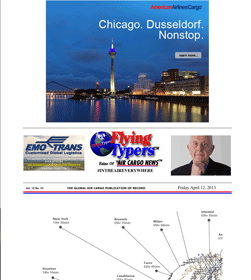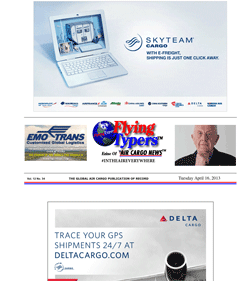| 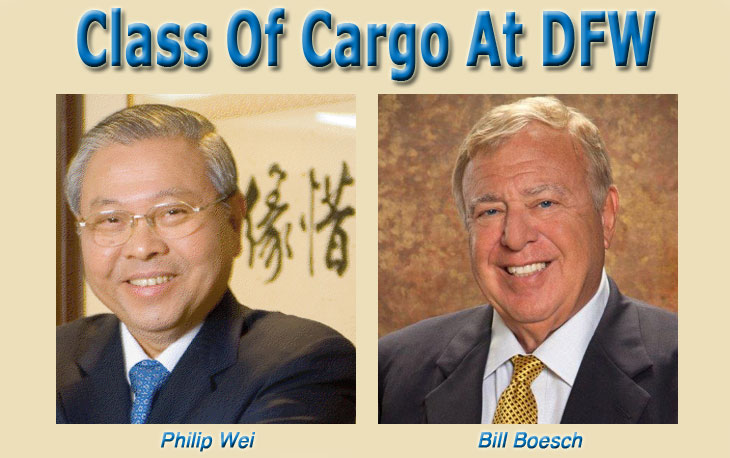
 n
Wednesday in Dallas, Texas,
Bill Boesch and Philip Wei were
inducted into TIACA’s
Hall Of Fame. n
Wednesday in Dallas, Texas,
Bill Boesch and Philip Wei were
inducted into TIACA’s
Hall Of Fame.
Here we salute both gentlemen
as this special evening unfolded
and these two gentlemen were
finally recognized for their
stellar and inspirational careers
serving the air cargo industry.

Bill
Boesch is one of the greatest
of all the big-time global air
cargo executives.
What’s
more, he did it all working
in various top management positions:
at a scheduled all-cargo carrier,
a freight forwarder, the largest
carrier of cargo and mail in
the world, the biggest USA combination
carrier, and finally, in retirement,
coming back to save thousands
of lives by engineering ground
support convoys to carry cargo
in and out of battlefronts during
the terrible Iraq and Afghanistan
War.
Bill
Boesch was raised in Queens,
New York, near Idlewild Airport
(today JFK), and later lived
in Long Island, New York.
In
1965 he went out to IDL that
had just been renamed John F.
Kennedy International Airport,
looking for a job at all-cargo
Seaboard World Airlines.
Growing
up near the big airport, Bill
could often see from his home
the aircraft of the world coming
and going.
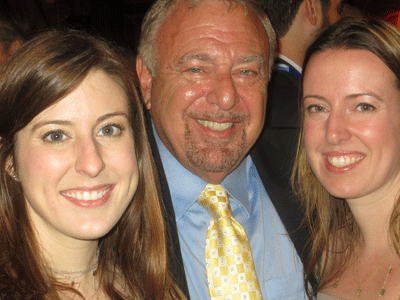 At
TIACA Hall of Fame, Bill shares
a moment with daughters Heather
and Robin. At
TIACA Hall of Fame, Bill shares
a moment with daughters Heather
and Robin.
The day and night action
sparked Bill’s imagination
of destinations newly discovered
and places yet unseen.
At
the time Seaboard was operating
the major all-cargo resource
across the Atlantic Ocean from
New York City, while Flying
Tigers operated the all-cargo
USA flag across the Pacific
from Los Angeles.
Seaboard
had built an impressive global
headquarters located on JFK
airport at Federal Circle, offering
both a direct opportunity for
employment and the launch pad
for what turned out to be Bill’s
nearly 50-year odyssey in air
cargo.
During
a decade at Seaboard working
with people such as the legendary
cargo sales and marketing guru
John Mahoney, whose theories
and application of various cargo
methodologies are still in practice
today, Bill learned and worked
his way up, and by the mid 1970’s
was an integral part of the
SWA team as they built a pioneering
U.S. flag all-cargo carrier
that, among other things, launched
the first US all-cargo B747freighter
flights across the Atlantic.
Next
Bill went to work for Emery
Worldwide in 1975.
Emery
recognized talent and promptly
put Bill in charge of the Emery
International Division, where
he served as Senior Vice President
and General Manager of Emery
in 1985 and Executive Vice President
and General Manager in 1987
before leaving the company to
become Pan American World Airways’
Senior Vice President of Cargo.
Bill
expanded duties at PAA as Senior
Vice President for Passenger
Marketing and Cargo Operations
at the beginning of 1988, but
unfortunately for Pan Am (nearing
the end of its run), the game
was down rather than up as the
“big blue meatball”
(as insiders affectionately
described the carrier’s
logo) disappeared from the skies
in 1991.
Bill
had landed the job of a lifetime,
going to work for Bob Crandall
as American Airlines’
Vice-President of Cargo.
He
became President and CEO of
the Cargo Division in 1991 and
Chairman of the Cargo Division
in 1996.
Under
Bill’s direction American
became a world leader in the
air cargo and logistics business,
with annual revenues of over
a billion dollars.
Bill
retired from AA in 1996 and
was saluted by dignitaries from
every part of the aviation and
airline business including Mr.
Crandall, Southwest Airlines
founder Herb Kelleher, and many
others.
Unable
to sit still for long, Bill
moved back into the fray in
2004 as CEO of DHL/DP Global
Mail.
He
is credited with leading DHL/DP
Global out of its financial
difficulties and also leading
the way toward integration with
Smartmail.
He
directed the movement of both
companies’ corporate headquarters
and was a principal player in
the branding change to DHL Global
Mail.
But
just when he was putting the
final touches on a career that
left him with many choices for
a luxury retirement, Bill Boesch
confounded logic and, some might
say, reason, by standing up
and answering the call of his
country.
Bill
went to work, carrying a rifle
and wearing body armor, on the
ground at the height of the
Iraq and Afghanistan conflict;
his goal was to mastermind a
plan that took soldiers out
of harm’s way.
What
Bill Boesch did is epic in both
military and transportation
history.
Realizing
that long streams of truck convoys
were constantly needed to supply
troops, but that the roads traveled
were hostile, Bill took thousands
of soldiers out of the driver’s
seat: with an armed escort at
his side, Bill went into the
towns and villages and negotiated
with local Sheiks and other
community leaders to hire local
labor to drive the trucks.
In
one fell swoop, Bill took the
troops out of harm’s way,
provided jobs in areas where
local unemployment was running
above 60 percent, and delivered
the goods on time. All of this
is best described by Four Star
General of the United States
Air Force Raymond E. Johns Jr.,
who serves as Commander, Air
Mobility Command, Scott Air
Force Base in Illinois USA:
“Bill
did the hard, dirty, dangerous
work necessary to establish
effective relationships with
tribal leaders and then devised
a working transportation system
that reliably supplied distant
outposts.
“The
most compelling point, in my
view, is that Bill quietly did
all this while saving taxpayer
dollars and the lives of U.S.
service members.”

Today
it has become commonplace in
the global air cargo business
to recall colleagues who have
distinguished themselves in
various aspects of service to
our industry. So when it comes
to the development and implementation
of the Asian transportation
industry, TIACA has truly found
a Wei: Philip Hsing-Hsiung Wei
who, as a true pioneer of the
form, can be described as:
“Present
at the creation,” “empire
builder, “regular good
guy and friend.” Phillip
is a decent, humble, easily
approachable man who has moved
beyond air cargo to the absolute
pinnacle of China Airlines,
serving twice as the CEO.
Philip
graduated from the National
Tainan Normal College and served
three years as a primary school
teacher.
But
when the opportunity to join
Taiwan’s great international
airline came along, Phillip
packed away the chalk and erasers
and set off on what would be
an epoch journey of discovery,
accomplishment, and self-fulfillment.
Philip
joined China Airlines in 1971
as a tax researcher in the Accounting
Division.
Phillip
quickly realized the outstanding
opportunities apparent, as the
tiny island of Taiwan had hitched
a major portion of its business
destiny to international trade,
and that meant air cargo.
We
first met Phillip in 1982. He
was based in Los Angeles at
LAX, operating sales and marketing
out of a notoriously antique
building that once served the
Pan Am Cargo Clippers during
the reciprocating piston engine
aircraft days.
“But
watch us,” Phillip told
us in a story we reported in
Air Cargo News that
year; he was serving as General
Manager of Cargo Sales &
Services North America.
“We
are going to build state of
the art cargo facilities and
grow our carrier into a global
resource via our hub at CKS,”
he said.
Later
Philip moved on and up at CAL
as Vice President of Europe;
Vice President of the Passenger
Sales Division and the Finance
Division; and Vice President
for the Americas.
In
the meantime, China Airlines
Cargo built its mighty freighter
fleet and a string of advanced,
beautiful air cargo terminals
in the USA and around the world.
At
that point Mr.Wei returned to
Taiwan, where he shepherded
introduction of the high-yield
Dynasty Package Program before
ascending to top management
of the entire airline.
In
2002 Phillip caught lightning
in a bottle; he became President
and Board Director of CAL; for
those that knew his brilliance,
dedication, and drive, the move
seemed a natural one.
In
2005, Mr. Wei became Chairman
of CAL and served as the Chairman
and Board Director of CAL until
2012.
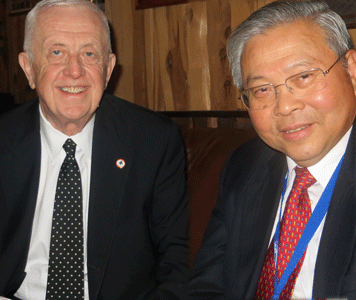 Old friends—FlyingTypers
Publisher Geoffrey Arend catches
up with Philip Wei at TIACA
Hall of Fame Dinner.
Old friends—FlyingTypers
Publisher Geoffrey Arend catches
up with Philip Wei at TIACA
Hall of Fame Dinner.
Today,
Philip has returned where it
all began: in education. He
shares his extensive knowledge
gathered during a lifetime love
affair with air cargo by teaching
the transportation arts as Professor
of Air Transportation of Kai
Nai University in Taiwan.
It
is one thing to be remembered
fondly by the captains of industry
and the TIACA organization.
It
is quite again another to sit
down and have a talk with someone
who knew and worked for Phillip
H.H. Wei during the start up
years for China Airlines Cargo
in USA during the early 1980s.
Brendan
Furlong, who today is Business
Development Manager for Emirates
Sky Cargo, began his career
as a Sales Rep. for China Airlines
Cargo based in New York.
“Phillip
established air cargo for China
Airlines in the USA,”
Brendan recalled.
“He
is very smart—a finance
guy who also happens to be a
wonderful human being and a
critical asset to the airline
when times were tough.
“The
thing we all loved about Phillip
is that he treated both our
customers and every single one
of the employees of China Airlines
Cargo with tenderness and respect.
“Also
Phillip recognized abilities
and moved people up to better
jobs based on performance.
“At
one point Philip left the airline
but was brought back when things
got tough.
“
I remember that when we made
customer calls together we would
often treat the account to dinner.
“But
the one thing Phillip always
insisted on doing was going
out to a White Castle fast food
restaurant for a fish sandwich.
“To
this day, every time I take
my kids to a White Castle I
think of Phillip.
“He
truly deserves the TIACA and
air cargo industry recognition,”
Brendan Furlong said.
“I
owe so much to the air cargo
business,” Phillip Wei
says.
“We
must share what we know about
what we have loved to the next
generation, and mentor and bring
forward the people who will
keep building our industry.
“So
now I can enjoy being at home
in Taiwan, hiking in the hills
above Taipei, and listening
to my music, and above all of
that, being close to home as
a husband and as a father to
three daughters and grandparent
to three grandsons and three
granddaughters,” Phillip
H.H. Wei concluded.
Geoffrey/Flossie
|


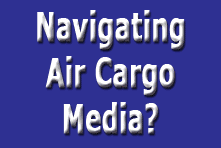

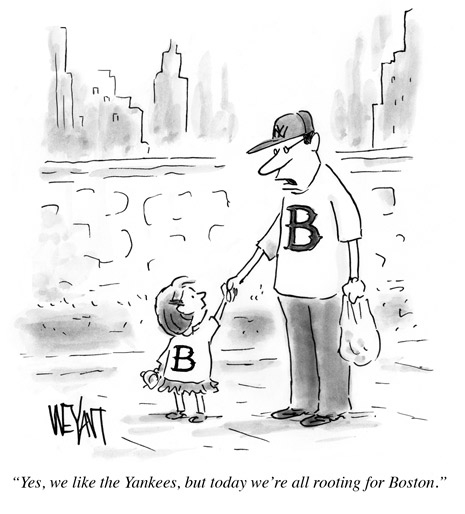


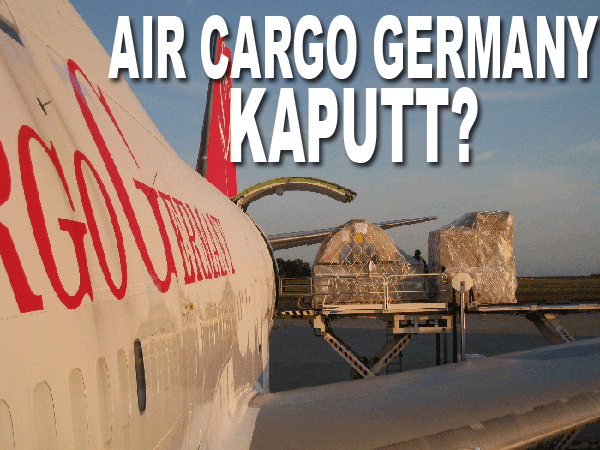

 For
a carrier perspective, FlyingTypers
conferred with Jean-Yves Cap
(left) with Air France/KLM/Martinair
Cargo in Atlanta, its Americas
headquarters.
For
a carrier perspective, FlyingTypers
conferred with Jean-Yves Cap
(left) with Air France/KLM/Martinair
Cargo in Atlanta, its Americas
headquarters.
 n
Wednesday in Dallas, Texas,
Bill Boesch and Philip Wei were
inducted into TIACA’s
Hall Of Fame.
n
Wednesday in Dallas, Texas,
Bill Boesch and Philip Wei were
inducted into TIACA’s
Hall Of Fame.
 At
TIACA Hall of Fame, Bill shares
a moment with daughters Heather
and Robin.
At
TIACA Hall of Fame, Bill shares
a moment with daughters Heather
and Robin.
 Old friends—FlyingTypers
Publisher Geoffrey Arend catches
up with Philip Wei at TIACA
Hall of Fame Dinner.
Old friends—FlyingTypers
Publisher Geoffrey Arend catches
up with Philip Wei at TIACA
Hall of Fame Dinner.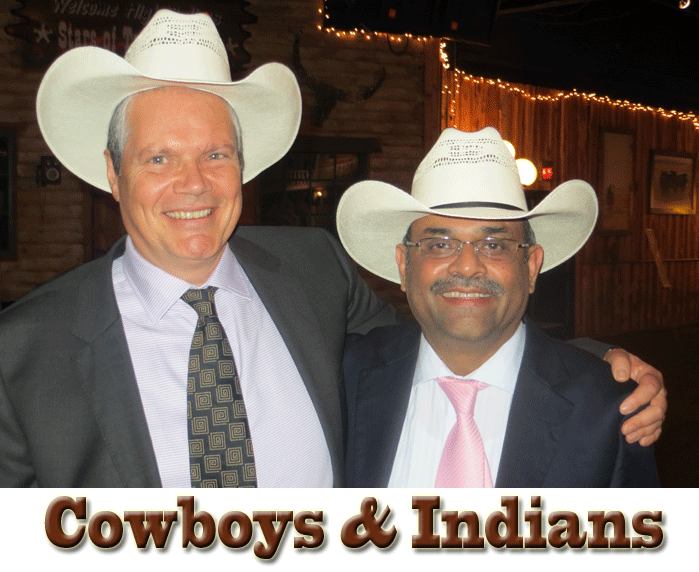
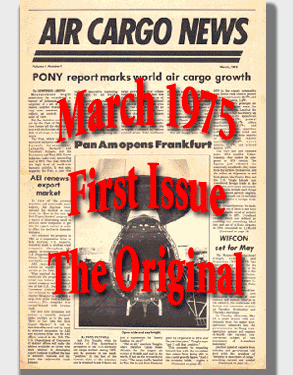

 In
Düsseldorf, where an
actual mustard factory is
located right near the airport
(Lion Brand), “it’s
about providing a key connection
that allows for early AM distribution
from Düsseldorf,”
said Matt Maynard, new spokesman
for American Airlines Cargo,
as AA launched daily B767
nonstop service from Chicago.
In
Düsseldorf, where an
actual mustard factory is
located right near the airport
(Lion Brand), “it’s
about providing a key connection
that allows for early AM distribution
from Düsseldorf,”
said Matt Maynard, new spokesman
for American Airlines Cargo,
as AA launched daily B767
nonstop service from Chicago.

 RE:
RE:
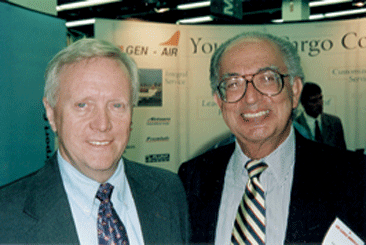 RE:
RE:
